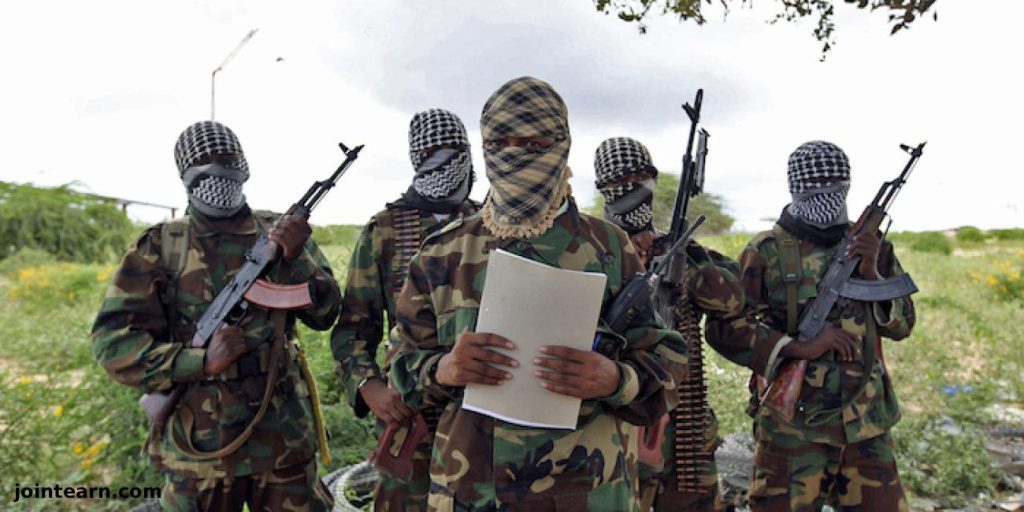
The Islamic State West Africa Province (ISWAP) has issued a new message to its members, cautioning them to limit movement, avoid public gatherings, and reduce smartphone use in anticipation of what it described as increased U.S. drone and surveillance operations across Nigeria.
The advisory came in response to comments reportedly attributed to former U.S. President Donald Trump, who allegedly directed the Pentagon to prepare military action against the group.
In a propaganda statement circulated through its usual channels, ISWAP denounced Trump as a “reckless American tyrant,” claiming that his remarks were influenced by “evangelical Christian and Jewish advisers” during his time in office.
The group accused the United States of attempting to portray itself as a “global defender of Christians,” warning that such rhetoric could drag Washington into fresh conflicts in Africa and beyond.
ISWAP also referenced ongoing violence in the Democratic Republic of Congo and Mozambique, where Islamist insurgencies have killed hundreds, as evidence of what it described as U.S. efforts to justify new military interventions.
According to the statement, the group sees the development as part of the Islamic State’s broader global strategy to stretch U.S. military forces across multiple regions, citing Iraq, Syria, Somalia, Afghanistan, and the Lake Chad Basin as ongoing pressure points.
The message concluded with a call for Muslims in West Africa to “unite and prepare,” accusing Western nations of committing “crimes against African Muslims” under the guise of counterterrorism operations.
Reported U.S. Military Plans for Nigeria
According to a report by The New York Times, the U.S. military has prepared several contingency plans for possible intervention in Nigeria following Trump’s directive to “protect Christians from attacks by Islamic militants.”
The report stated that the U.S. Africa Command (AFRICOM) submitted operational options to the Pentagon in response to the order. These options were classified as “heavy,” “medium,” and “light” levels of engagement.
- The heavy option involves deploying an aircraft carrier strike group to the Gulf of Guinea and launching fighter jets or long-range bombers to strike militant targets deep inside northern Nigeria.
- The medium option focuses on drone strikes using MQ-9 Reaper and MQ-1 Predator drones against known insurgent camps and convoys, supported by U.S. intelligence and surveillance.
- The light option centers on intelligence sharing and logistical support for joint operations with Nigerian forces against Boko Haram and other Islamist groups.
However, senior U.S. defense officials reportedly acknowledged that limited strikes or drone operations would be unlikely to end Nigeria’s long-running insurgency without a broader, sustained campaign similar to those in Iraq or Afghanistan—an approach that Washington is not currently considering.
Trump and China React
On Wednesday, Trump reiterated his stance, warning that the U.S. could “invade Nigeria” if what he called the “genocide against Christians” continued unchecked.
“Christianity is facing an existential threat in Nigeria. The United States cannot stand by while such atrocities are happening. We stand ready, willing, and able to save our great Christian population around the world,” he wrote.
Meanwhile, China expressed support for the Nigerian government, stating that it “stands by Nigeria as it leads its people on a development path suited to its national conditions.”


Leave a Reply